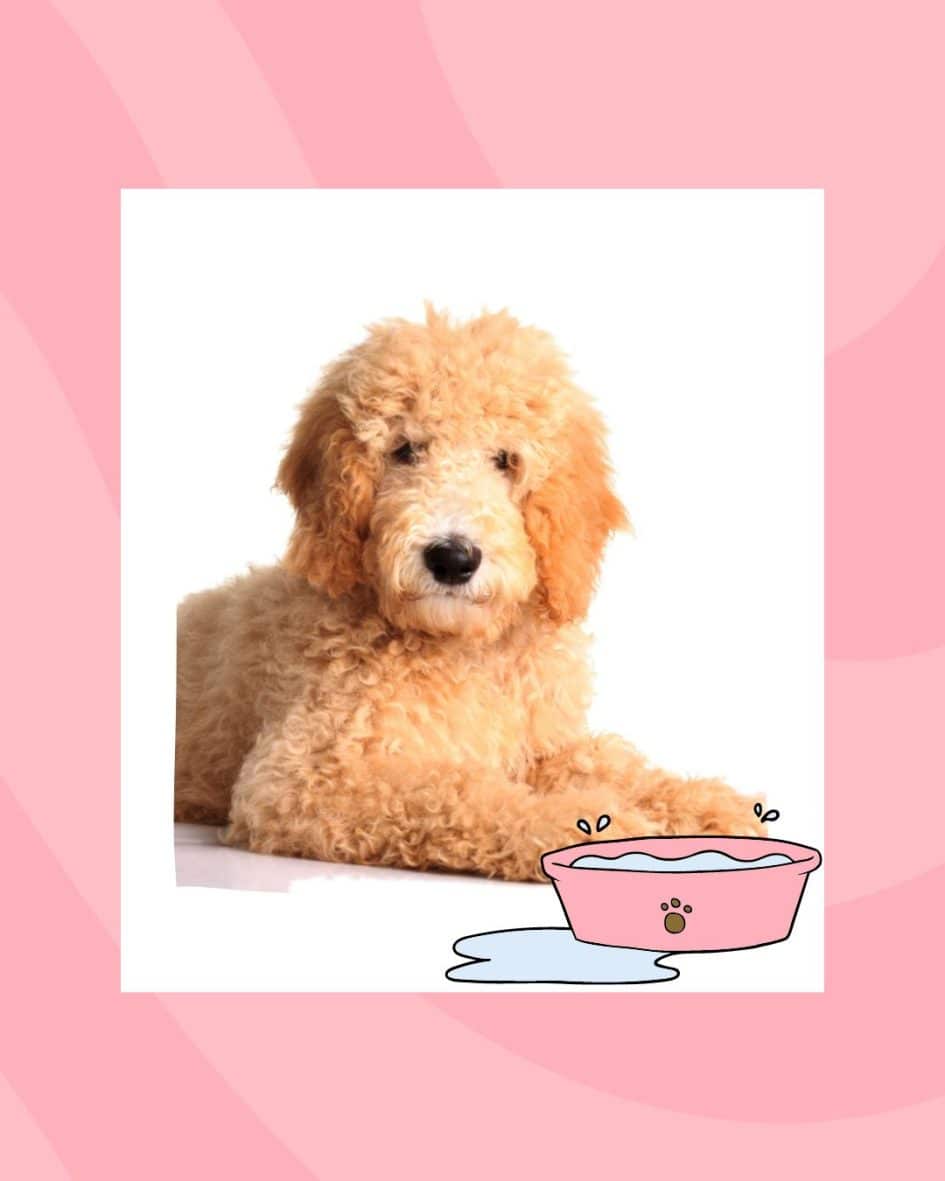

Possible Reasons for Your Dog’s Refusal to Drink Water
Why your dog won’t drink water and what you can do to fix it may be explained in this article. Find out why a dog won’t eat if your dog is likewise not eating.
You may be worried because your dog won’t drink water. In the majority of cases, dogs will drink enough water on their own to stay hydrated, but sometimes your dog may not be thirsty at all.
Why your dog won’t drink water and what you can do to fix it may be explained in this article. Find out why a dog won’t eat if your dog is likewise not eating.
How Much Water Your Dog Requires
According to standard guidelines, a dog should drink 100 ml of water daily for every kg of body weight. To determine a dog’s daily water requirements more precisely, other parameters can be taken into account.
Sometimes your beloved pet won’t drink the water for the reasons listed below.
Being Idle
Your dog may not be as thirsty if it is cooler outside and they are exercising less than usual. If this is the reason, you shouldn’t be concerned.
There is no reason to be alarmed if water usage somewhat decreases as a result of decreased activity. However, if your dog consistently refuses to drink, talk to a veterinarian.
Never let your dog go longer than a day without drinking. As getting adequate exercise is essential for your dog’s health, learn how regularly you should take your dog for walks or start tracking your dog’s activity with a GPS tracker and activity monitor for dogs.
Strange Environments
Your dog may refuse to drink because of unfamiliar surroundings and odors. Dogs can also tell the difference between known and unknown water sources because of their keen sense of smell. Your dog could not drink the water if the smell were not recognized as familiar.
Illness
A dog’s level of thirst can change due to certain medical conditions. A dog’s thirst may completely disappear in some situations due to ailments, including diabetes and kidney failure.
A decrease in thirst may also result from a bladder infection or urinary tract infection. Therefore, you should call your veterinarian immediately if you suspect an illness is why your dog isn’t drinking water.
Recording your dog’s drinking patterns will help the vet identify the problem.
Old Age
A senior dog might refrain from drinking water. It might be too difficult to get to the water, or the animal’s hunger and sense of thirst are waning together. Older dogs may not be as thirsty as younger dogs since they get less exercise.
However, senior dogs must retain proper amounts of water, so switching to moist food may be helpful if drinking seems to be a problem. Always consult a veterinarian before switching a dog’s diet.
Bad Encounters
Dogs pick things up through connection. When adolescents feel fear or anguish, they frequently relate those unpleasant emotions to the situations that brought them on. Your dog could link drinking from the water bowl with unpleasant mishaps if someone trod on his tail or paw while he was doing it unintentionally.
You might try using a new water bowl or moving his water bowl around to see if that helps him overcome his fear of drinking.
Conclusion
Every situation calls for a dog to drink frequently. Your dog can become dehydrated if you don’t. Let’s say your dog isn’t drinking as much water as it once did.
If so, there are a few things you may try to get your dog to drink more water, such as moving the water bowl, combining water and wet dog food, avoiding water bowls made of metal, or going to the clinic.
Learn more and read about dogs with The Pets People! We offer practical, real-life ideas and training tips that will assist you in taking care of your pet. Be informed by checking out our informative articles filled with valuable insights.
Discover how to create a joyful, healthy home for your pet.
Subscribe to your weekly rundown of practice, real life ideas and training tips straight to your inbox.


